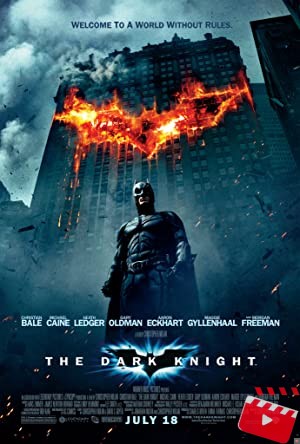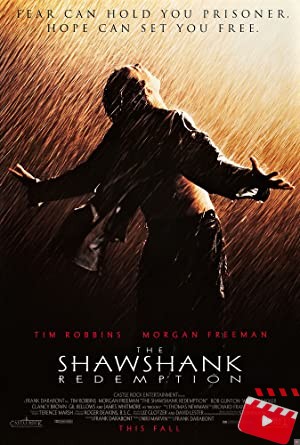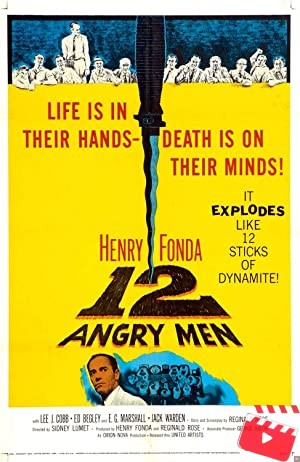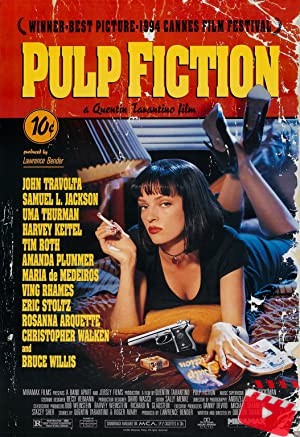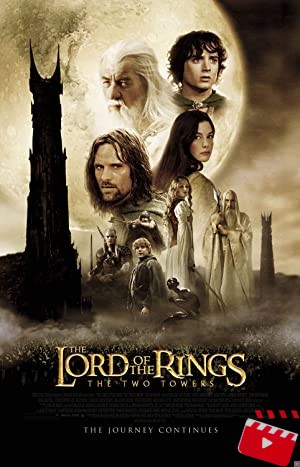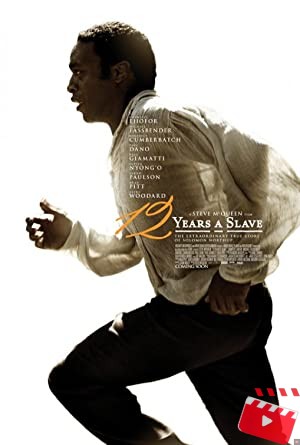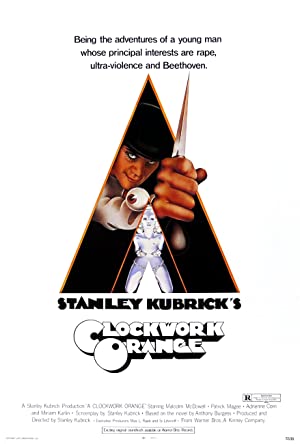
I recently watched the 1971 classic film, A Clockwork Orange, and I have to say, it was both disturbing and fascinating at the same time. Directed by the brilliant Stanley Kubrick, this movie takes you on a dark and twisted journey through the mind of a young sociopath named Alex.
The film is set in a dystopian society where gangs of young men roam the streets, committing heinous acts of violence and terrorizing innocent people. Alex, the leader of one of these gangs, is eventually caught and subjected to a controversial experimental treatment meant to cure him of his violent tendencies.
One of the things that impressed me the most about this movie was its visual style. Kubrick’s use of vivid colors and bold imagery is simply stunning. The costumes and set design are equally impressive and create an immersive and unforgettable world.
Another standout feature of this film is the performance of Malcolm McDowell as Alex. He perfectly captures the chilling nature of the character, and his portrayal of the initially unredeemable antisocial youth pushed to reform is nothing short of brilliant.
While the storyline is certainly not for the faint of heart, I found A Clockwork Orange to be a thought-provoking and emotionally engaging film. The themes of free will, morality, and rehabilitation are explored in depth, and the ending leaves much to ponder.
Overall, I would highly recommend this movie to anyone who is a fan of Kubrick’s work or enjoys dark, thought-provoking films. Just be prepared for a rollercoaster of emotions and a moral quandary that will stay with you long after the credits roll.
Lesson about A Clockwork Orange
A key lesson from the movie A Clockwork Orange 1971 is the danger of government control and manipulation of individuals’ free will.
The Best of A Clockwork Orange
- 1. Cinematography: One of the most striking aspects of A Clockwork Orange is its vivid and innovative cinematography. Director Stanley Kubrick used unusual camera angles, elaborate tracking shots, and a bold mix of colors and lighting to create a surreal, dystopian world that is both beautiful and unsettling. The use of wide-angle lenses and skewed framing, particularly in the scenes of Alex’s treatment, creates a sense of urgency and disorientation, while the vivid use of primary colors emphasizes the film’s themes of violence, power, and control.
- 2. Social commentary: A Clockwork Orange is a powerful critique of contemporary society’s treatment of youth, institutions, and social norms. Through the character of Alex, Kubrick explores the nature of free will, the role of the state in regulating behavior, and the impact of pervasive media on our values and beliefs. He draws upon the work of behavioral psychologists such as B.F. Skinner, and philosophers including Friedrich Nietzsche and Aldous Huxley to create a complex and thought-provoking commentary on the meaning of human freedom and the limits of power.
- 3. Acting: The film’s performances are among its most notable features, particularly that of lead actor Malcolm McDowell in the role of Alex. McDowell gives a brilliantly nuanced performance, capturing both the character’s savage violence and his vulnerable, human side. His portrayal of Alex’s transformation from a brutal, unfeeling delinquent to a victim of state-sponsored mind control is both harrowing and deeply affecting. Supporting actors Patrick Magee, who plays the avenging victim Mr. Alexander, and Adrienne Corri, who portrays Alex’s tortured lover, are equally impressive in their roles, adding depth and richness to the film’s exploration of human nature and morality.
Week points of A Clockwork Orange
- 1. Misogyny: One of the strongest criticisms of the movie is that it portrays women in an often violent and degrading light. For example, many scenes involve Alex and his gang of “droogs” violently assaulting or sexually harassing women.
- 2. Gratuitous Violence: A Clockwork Orange is infamous for its graphic depictions of violence, including rape, murder, and brutal beatings. Some critics argue that the film’s focus on these scenes detracts from its more nuanced exploration of themes like free will and the nature of evil.
- 3. Lack of Character Development: Despite the movie’s ambitious themes and complex narrative structure, some viewers feel that the characters are ultimately one-dimensional and underdeveloped, particularly Alex, who is often seen as more of a symbol than a fully realized individual.
Technical details of A Clockwork Orange
| Title | A Clockwork Orange |
|---|---|
| Year | 1971 |
| Rated | X |
| Released | 02 Feb 1972 |
| Runtime | 136 min |
| Genre | Crime, Sci-Fi |
| Director | Stanley Kubrick |
| Writer | Stanley Kubrick, Anthony Burgess |
| Actors | Malcolm McDowell, Patrick Magee, Michael Bates |
| Plot | Protagonist Alex DeLarge is an "ultraviolent" youth in futuristic Britain. As with all luck, his eventually runs out and he's arrested and convicted of murder. While in prison, Alex learns of an experimental program in which convicts are programmed to detest violence. If he goes through the program, his sentence will be reduced and he will be back on the streets sooner than expected. But Alex's ordeals are far from over once he hits the streets of Britain.. |
| Country | United Kingdom, United States |
| Awards | Nominated for 4 Oscars. 12 wins & 24 nominations total |

